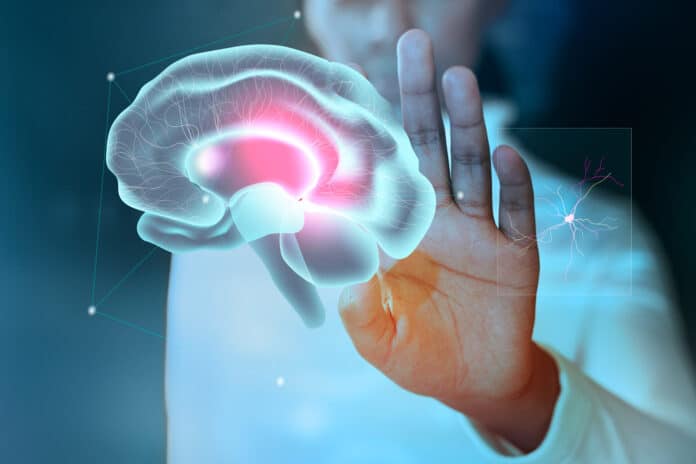Early-stage detection of Alzheimer’s dementia can be difficult because the symptoms frequently start subtly and may be confused for age-related memory problems. Researchers are working to enable early Alzheimer’s disease diagnosis.
A new study explored using speech data to screen for indications of Alzheimer’s dementia (AD). Scientists from the University of Alberta have developed a machine learning (ML) model that could one day be turned into a simple screening tool anyone with a smartphone could use.
For the more than 747,000 Canadians with Alzheimer’s or another form of dementia, the model’s accuracy in differentiating Alzheimer’s patients from healthy controls was between 70 and 75 percent.
Scientists examined language-agnostic acoustic and linguistic speech features rather than specific words for this work.
Eleni Stroulia, a professor in the Department of Computing Science who created the model, said, “The original work involved listening to what the person says, understanding what they say, the meaning. That’s an easier computational problem to solve. Now we’re saying, listen to the voice. There are some properties in the way people speak that transcend language.”
“It’s much more powerful than the version of the problem we were solving before.”
The researchers started with speech traits that medical professionals had noticed were typical of people with Alzheimer’s dementia. These individuals typically spoke more slowly and interrupted their sentences more frequently. They frequently spoke with less clarity and tended to use shorter words. Researchers developed methods for converting these traits into speech features the model could test for.
Although the researchers concentrated on English and Greek speakers, they noted that “this method can be employed across multiple languages. Although the model is complicated, the final user experience for a product that uses it is simple.
Russ Greiner, a contributor to the paper, professor in the Department of Computing Science, and member of the Neuroscience and Mental Health Institute, said, “A person talks into the tool, it does an analysis and makes a prediction: either yes, the person has Alzheimer’s, or no they don’t. That information can then be brought to a health-care professional to determine the best course of action for the person.”



